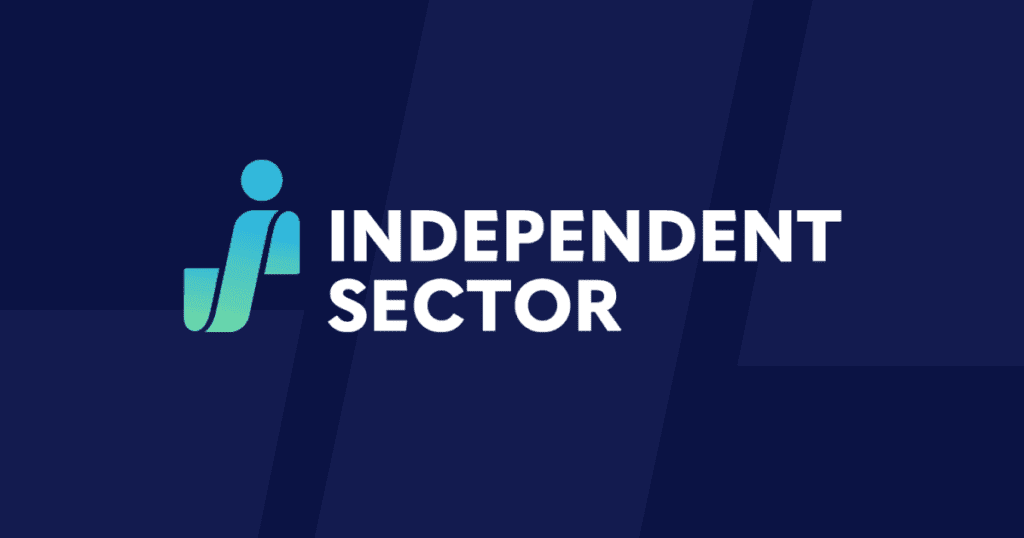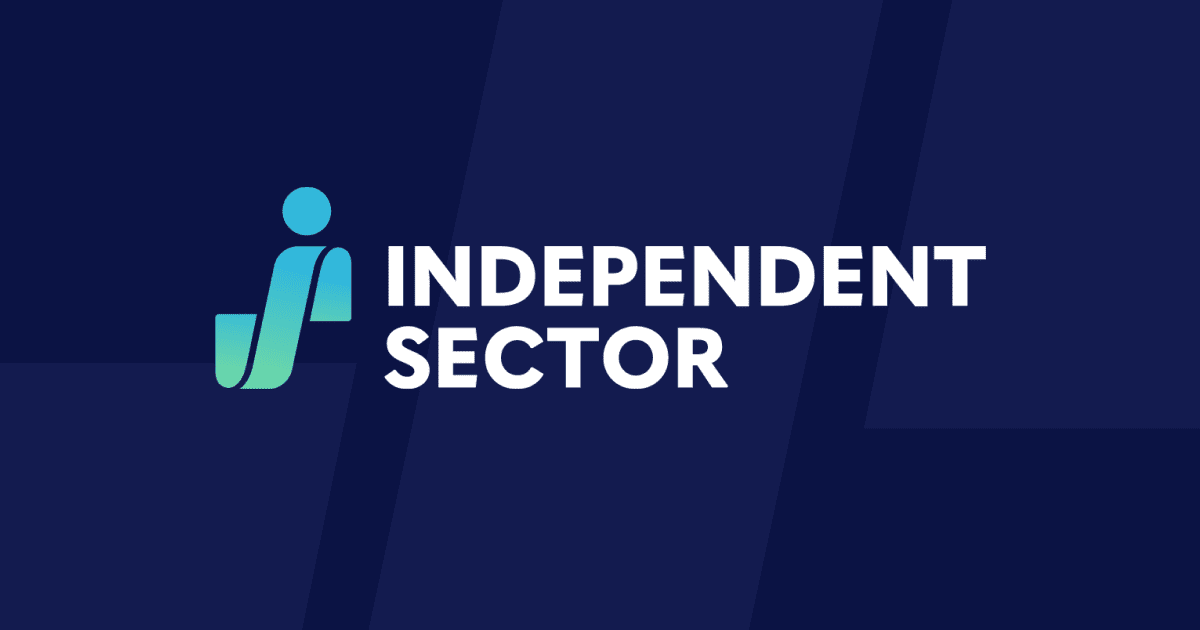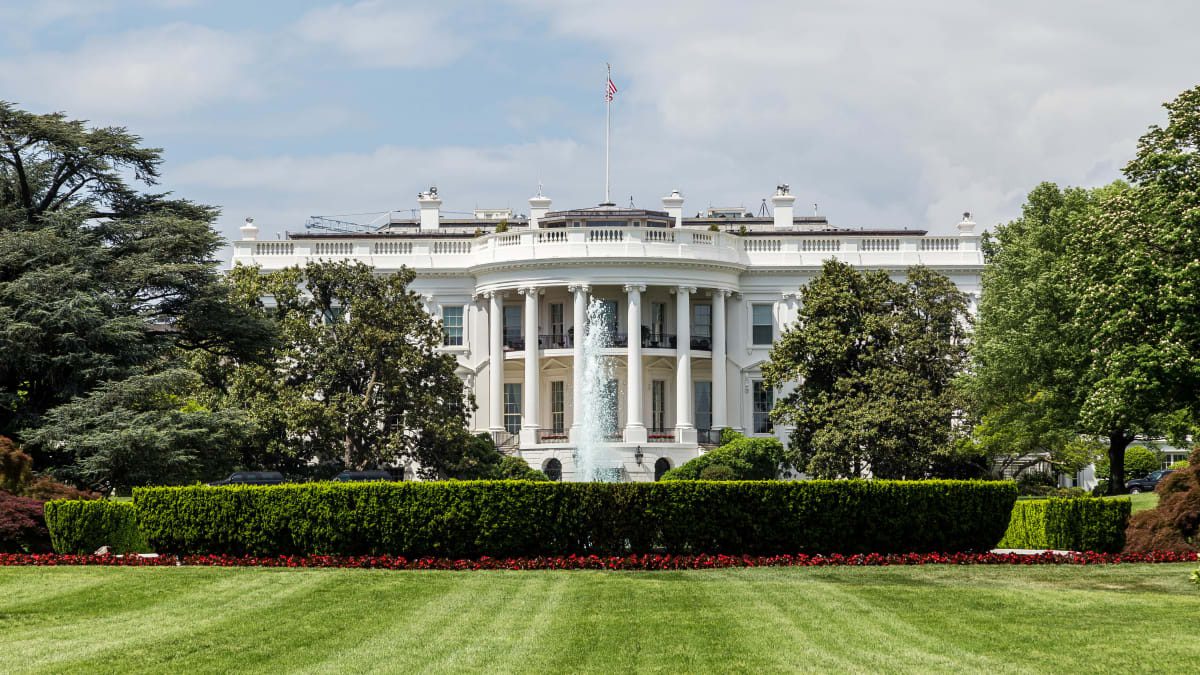The spotlight was shining on nonprofits in a congressional hearing last week, but it wasn’t quite clear whether our sector was cast as hero or villain. On December 13, the House Ways and Means Oversight Subcommittee held a hearing on “Growth of the Tax-Exempt Sector and the Impact on the American Political Landscape.”
Similar to a Request for Information issued this summer, the hearing largely focused on concerns about wealthy individuals — including foreign nationals — donating to tax-exempt organizations that influence U.S. elections. Several Republican members expressed concern that Facebook/Meta founder Mark Zuckerberg improperly channeled funds through a nonprofit to election administration agencies during the 2020 election.
Full written statements from the witnesses — as well as a recording of the hearing itself — are available on the Committee’s website. Highlights of the verbal testimony included:
- A witness from the Congressional Research Service, Justin Chung, testified about donor reporting requirements.
- Scott Walter of the Capital Research Center described legislation to curb indirect foreign funding of U.S. political activity like the proposed American Confidence in Elections Act to ban 501(c)(4) nonprofits from contributing to political committees for four years if they accept donations of foreign money.
- Stewart Whitson of the Foundation for Government Accountability said, “During the 2020 election, the Chan Zuckerberg Initiative donated more than $400 million to fund election activities. … [The] funds were instead used primarily to drive procedural changes and get-out-the-vote efforts that benefited the Left.” Whitson also sharply criticized a Biden administration Executive Order on Promoting Access to Voting.
- Philip Hackney of the University of Pittsburgh said while “the tax laws regarding tax-exempt organizations are wanting, our overall legal structure is justifiable” and “tax-exempt organizations carry out incredibly important functions to a well-run democracy.” He called for increased IRS funding for oversight of tax-exempt entities, clearer rules for 501(c)(4) organizations, and the collection of major donor information to enable enforcement and deter tax avoidance.
Considering the holiday-season timing and nuanced issues discussed, attendance at the hearing was strong, including every Republican on the subcommittee and the Chairman of the Ways and Means Committee, Rep. Jason Smith (R-MO). Independent Sector shares all these legislators’ belief about the importance of this issue.
As we noted in joint comments with Council on Foundations and United Philanthropy Forum, as well as standalone comments from IS, we are strongly opposed to any abuse of nonprofits that allows foreign funding to impact U.S. elections. We also believe that any discussion of nonprofits and the “political landscape” must note the disturbing decline in nonprofit advocacy over the past 20 years.
From my perspective as a nonprofit advocate, here are a few themes that stood out in the hearing:
Partisan Dynamics Hold
Congressional hearings often can seem to be about two totally different topics — depending on which side is asking questions. Given the inherent partisanship of debating election issues, it was perhaps unsurprising that this dynamic held once again. Republican members voiced great concern about money and activities that they believe unfairly help Democrats, and Democrats voiced great concern about “dark money” and support for voter turnout. At the same time, there seemed to be broad consensus about the value of preserving the integrity of the nonprofit sector.
Alarming Proposal Fails to Garner Support
While decrying the activities of Democratic-aligned billionaires, one witness proposed barring all 501(c)(3) foundations and charities from funding or undertaking voter registration and nonpartisan voter participation efforts. This would be a radical departure from the longstanding consensus about the appropriate role of our sector in civic engagement. It would impose dangerous limitations on the voice and influence of people served by nonprofit organizations. In doing so, such a proposal would greatly damage American democracy. Odious proposals like this warrant vigilance, but it was encouraging that no legislators expressed interest.
Form Reform Opportunity Abounds
In an extended inquiry, subcommittee Chairman David Schweikert (R-AZ) asked witnesses about opportunities to change Form 990. Independent Sector believes that changes to this form could provide important clarity about aggregate revenue sources for the nonprofit sector. Subcommittee Ranking Member Bill Pascrell (D-NJ) similarly expressed misgivings about Form 1023-EZ and its facilitation of “the approval of fraudulent charities that applied for tax-exempt status.” Both of these changes would be addressed by the Nonprofit SEAT Act.
Charitable Giving Incentives See Support
Representative Danny Davis (D-IL) — while not technically a member of the subcommittee — joined to voice support for the Charitable Act, which he co-introduced. Representative Davis noted that while charitable giving rose in recent years when every taxpayer had access to the charitable deduction, it plummeted once the deduction expired in 2022. Representative Davis and Professor Hackney also noted the democratizing impact of restoring this deduction for all.
With Congress’s holiday break upon us, it is hard to predict exactly which avenues will be pursued in 2024. Clearly, the issue of foreign interference in U.S. elections is poignant and important. While new laws in this area do not appear imminent, circumstances could change quickly. We look forward to tracking those developments with you all next year.
Ben Kershaw is Director, Public Policy and Government Relations at Independent Sector.



